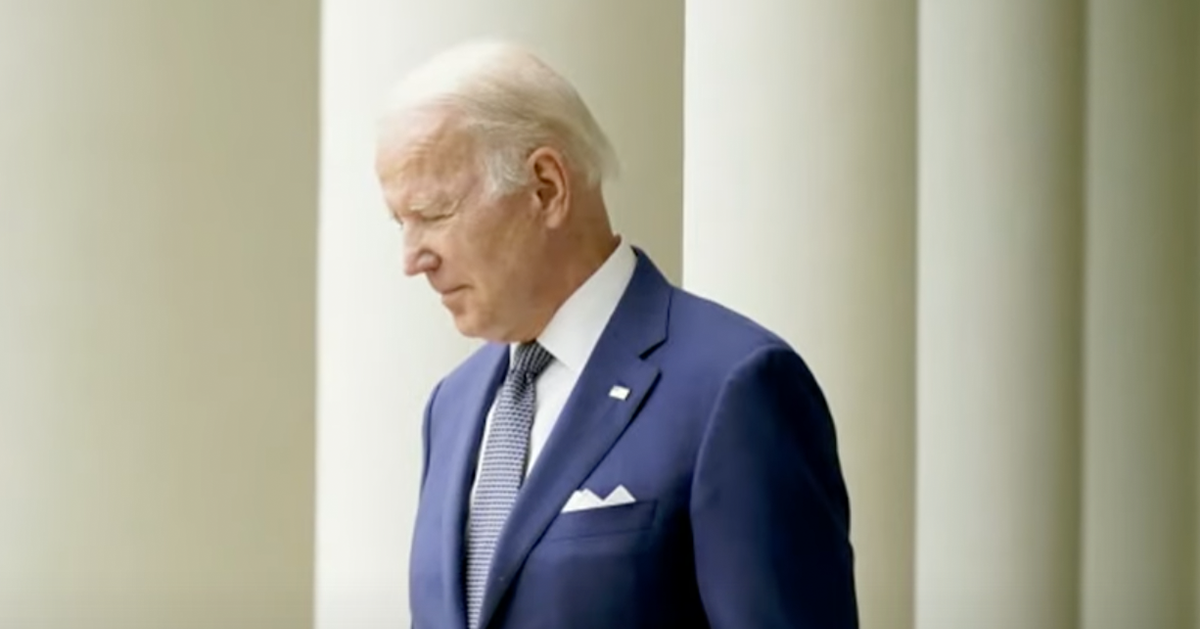Walz Claims Trump's Madison Square Garden Rally Akin to 1930s Nazi Event
Origins of the Disputed Claim
The controversy began when Democrat strategist James Carville first suggested parallels between Trump's rally and historical Nazi gatherings. The theory gained further traction when echoed by former Secretary of State Hillary Clinton.
Gov. Walz intensified the discussion with an explicit connection during public remarks, urging the public to note the historical significance of the venue and the event it coincided with decades ago.
However, the Trump rally in question was a standard political event, attended by thousands, including notable figures from various communities, signaling a typical electoral rally rather than any form of historical reenactment.
Madison Square Garden's Historical Context
Madison Square Garden indeed hosted a historically infamous pro-Nazi rally in 1939. However, it has also been the site of anti-Nazi events and numerous other significant non-political activities, creating a complex legacy tied to many narratives aside from its brief association with Nazi sympathizers.
Breitbart News brought attention to the fact that Sunday's Trump rally saw a significant attendance from the Jewish community. The assertion that they were attending a Nazi reenactment was particularly offensive to them, deviating drastically from the reality of the gathering's demographic.
Former Democrat Assemblyman Dov Hikind, a vocal Trump supporter who also attended the rally, expressed personal offense over the comparison, noting the harm such statements could bring to community relations and historical accuracy.
A Dangerous Precedent in Political Rhetoric
Analysts argue that Gov. Walz's rhetoric reflects a broader, increasingly common trend in political communication in which historical events are leveraged to incite emotional responses rather than inform or educate.
Critics, including members of Walz's own political circle, fear such comparisons might not only mislead but also incite violence. They warn of the irresponsibility of invoking such potent symbols of hate like Nazism to score short-term political points.
This has raised urgent calls for a more responsible discourse that respects historical truths and focuses on genuine policy issues rather than sensational parallels that might stoke division and strife among the electorate.
Revisiting the Accuracy of Historical Comparisons
The Harris/Walz campaign’s attempt to draw parallels between Trump and Hitler in the dwindling days of their campaign has raised ethical questions about the bounds of political attacks and the potential fallout of such claims, whether true or not.
History experts emphasize the importance of accuracy and context when making parallels to potent historical figures or events, pointing out that misuse can lead to misunderstanding and hostility in public discourse.
Moreover, Walz, who has previously made problematic statements regarding figures associated with Hitler, has been urged to retract his claim and to focus on substantive policy critiques instead of inflammatory analogies.
Community Responses and Calls for Apology
In the wake of this controversy, there have been widespread calls from both political opponents and allies for Gov. Walz to apologize for his remarks.
The aim is to restore a focus on factual campaigning and prevent the misuse of history for political purposes.
Supporters of Trump and members of the Jewish community particularly felt aggrieved and have demanded clearer accountability and respect for historical events and their significance in current political contexts.
The incident stresses the delicate balance political figures must maintain when invoking history, urging a careful consideration of the facts and the potential impact such statements may have on different segments of the population.





